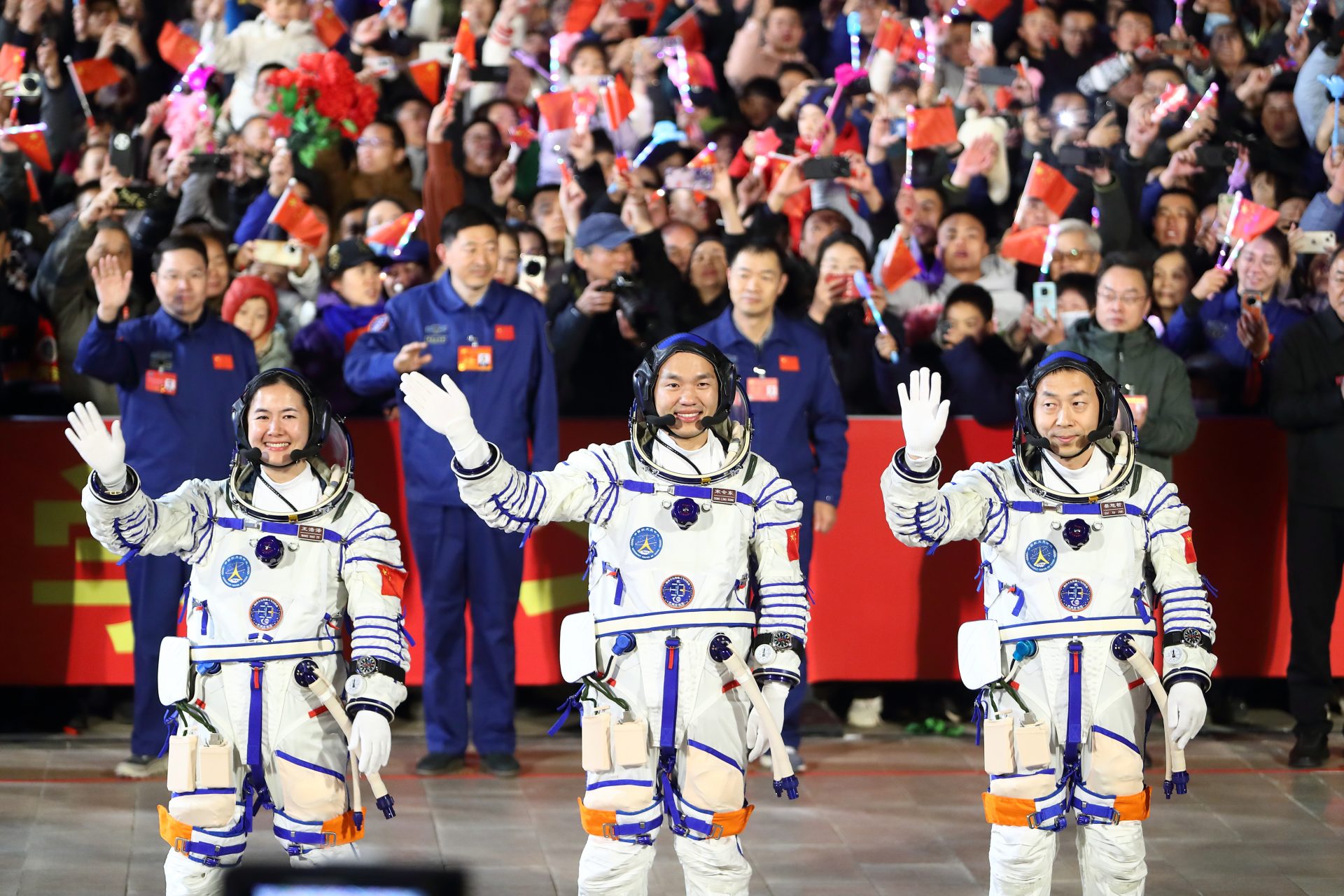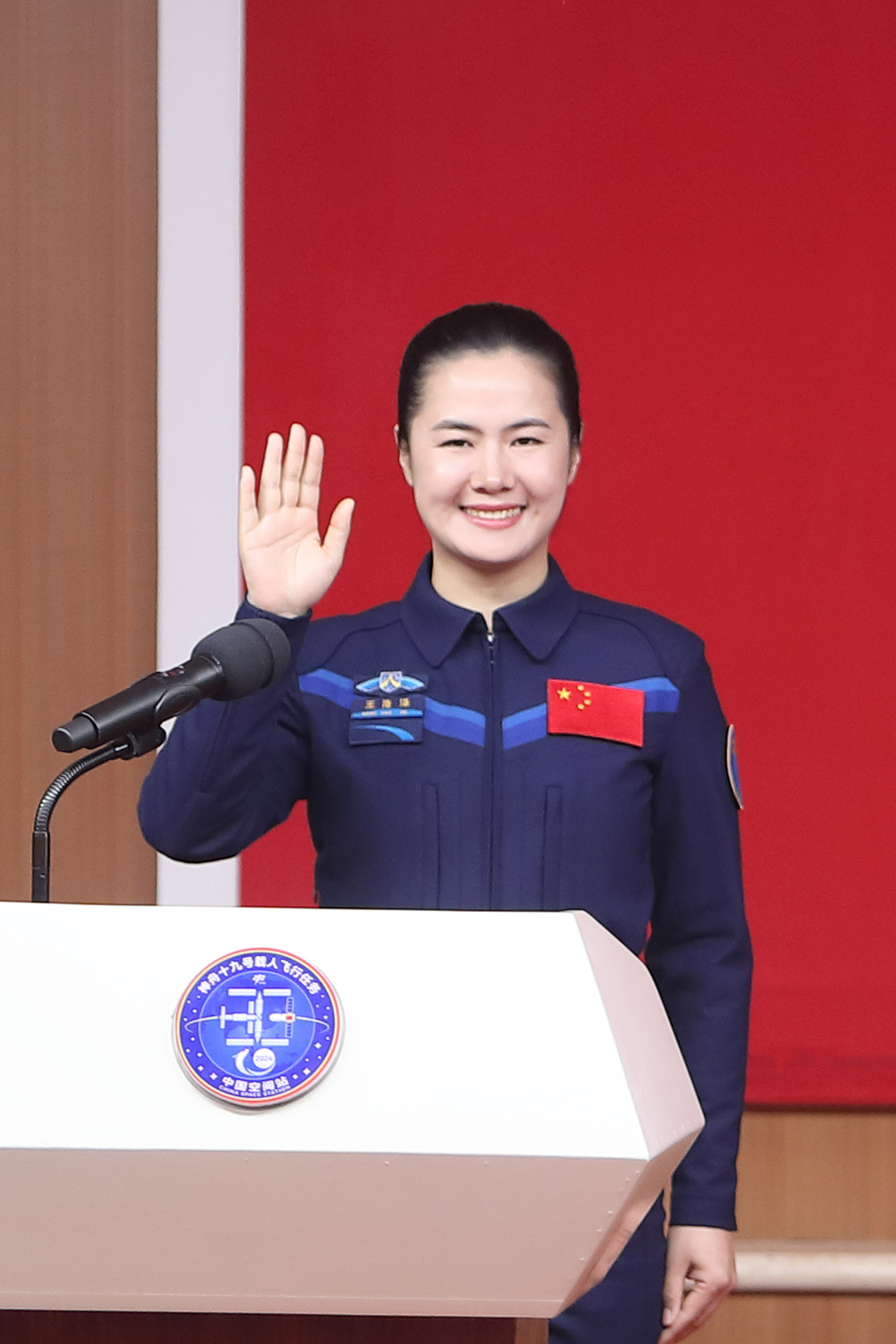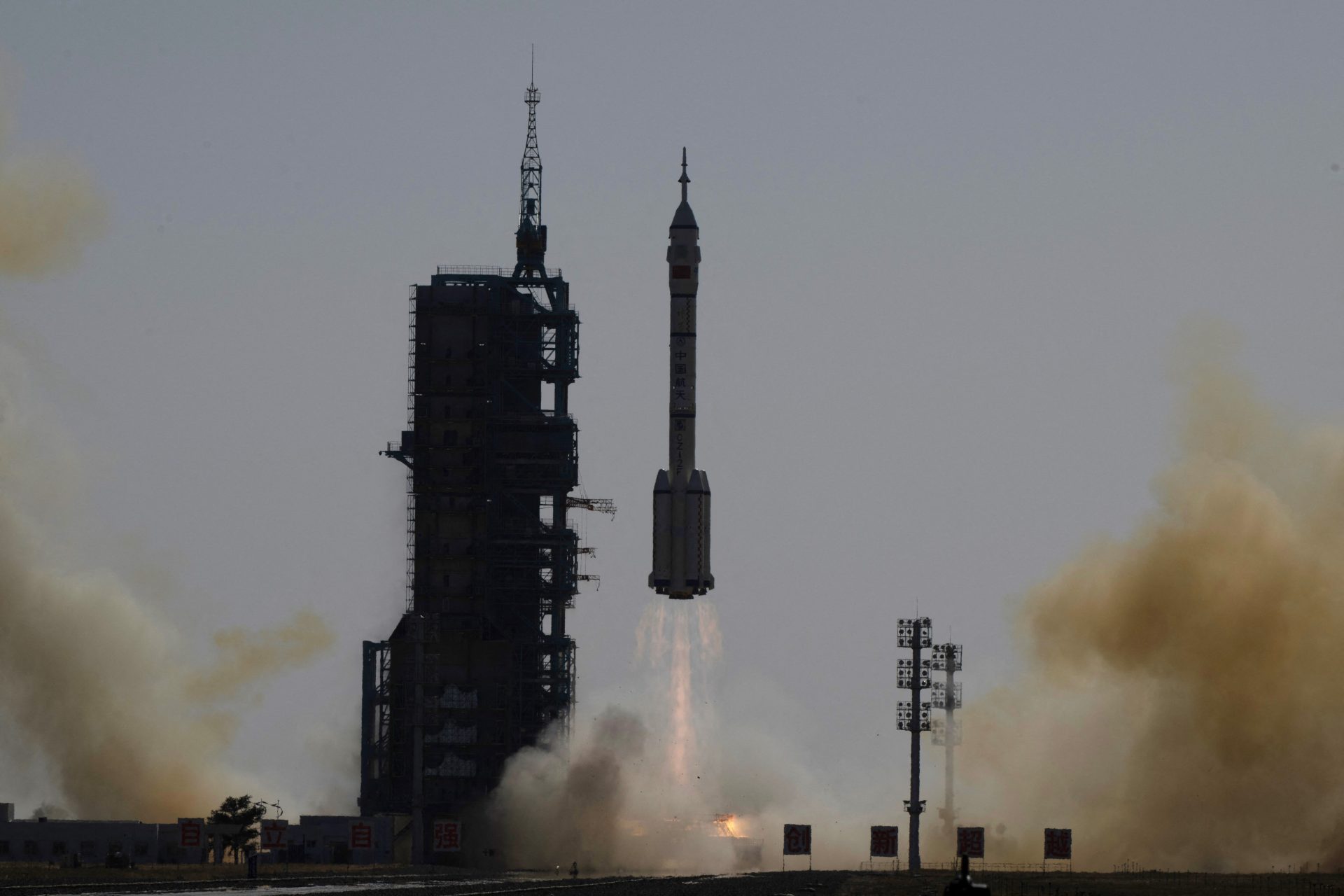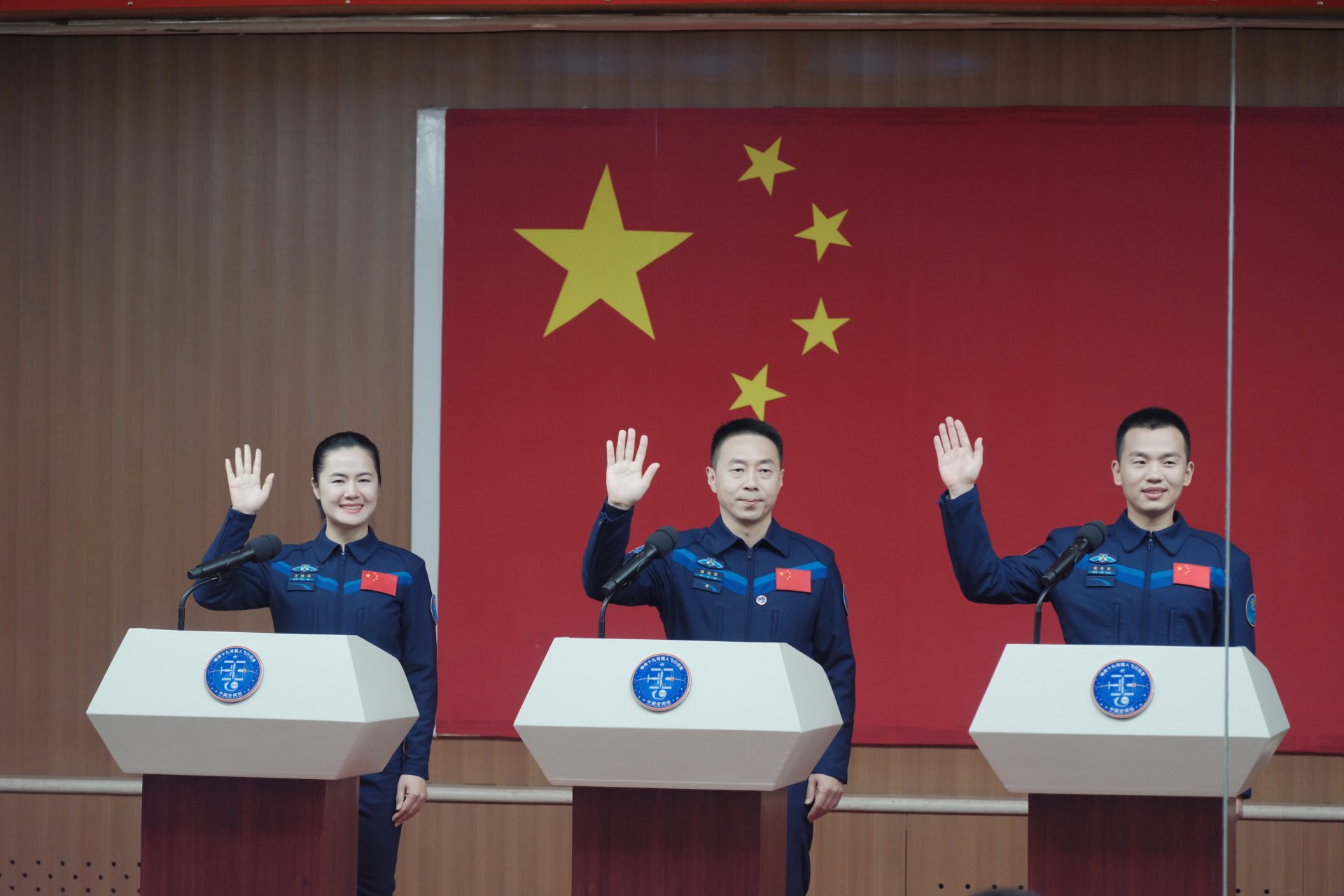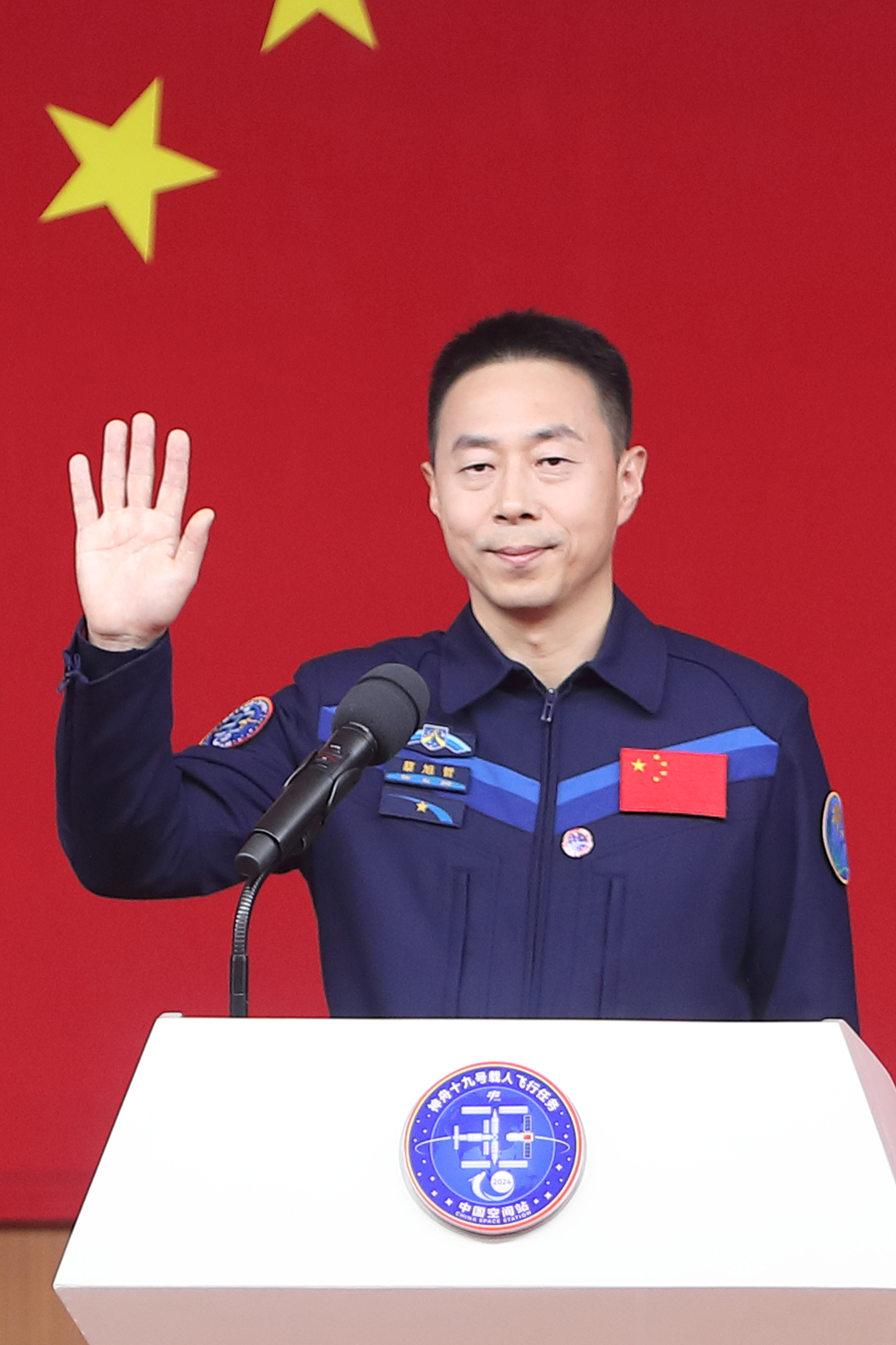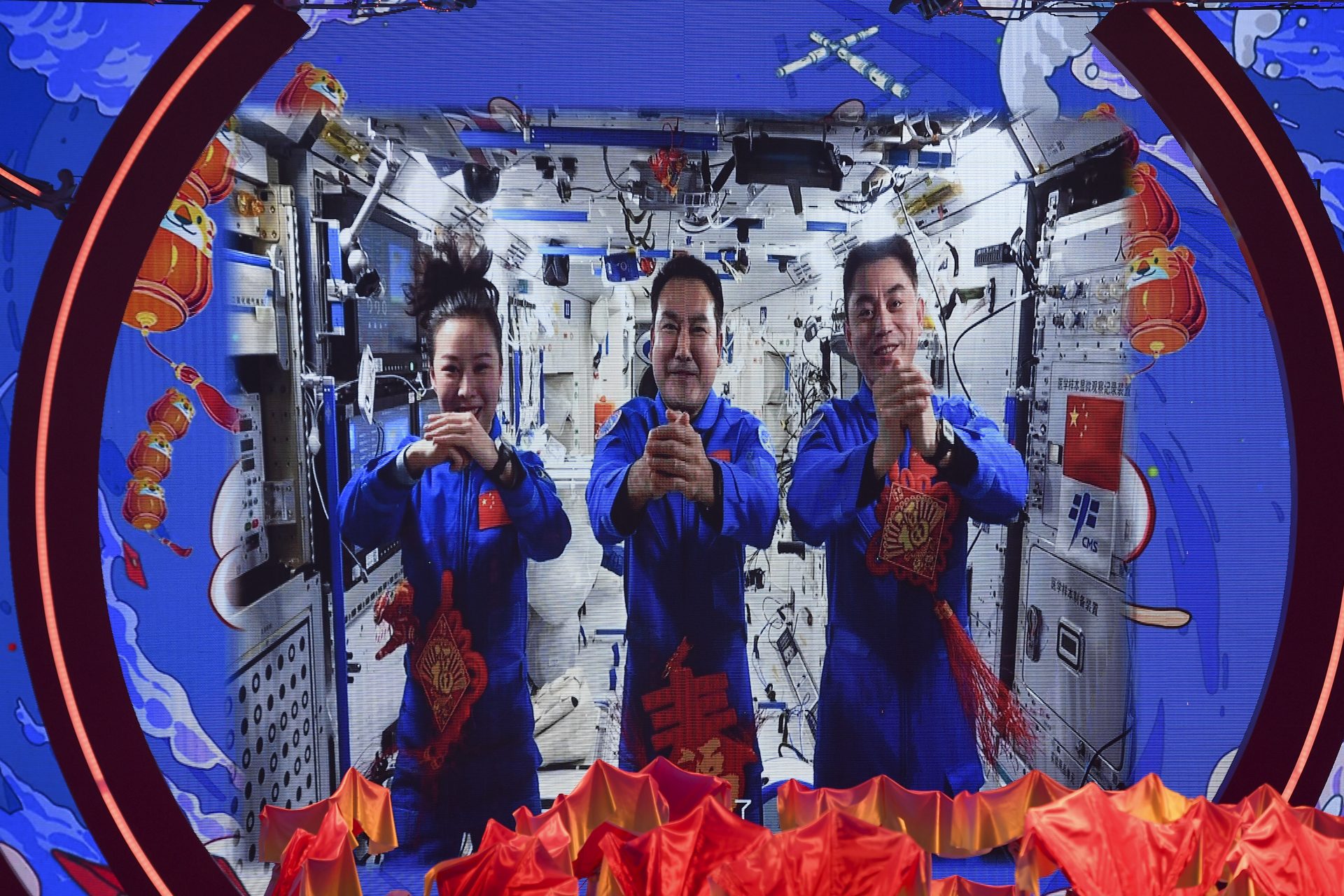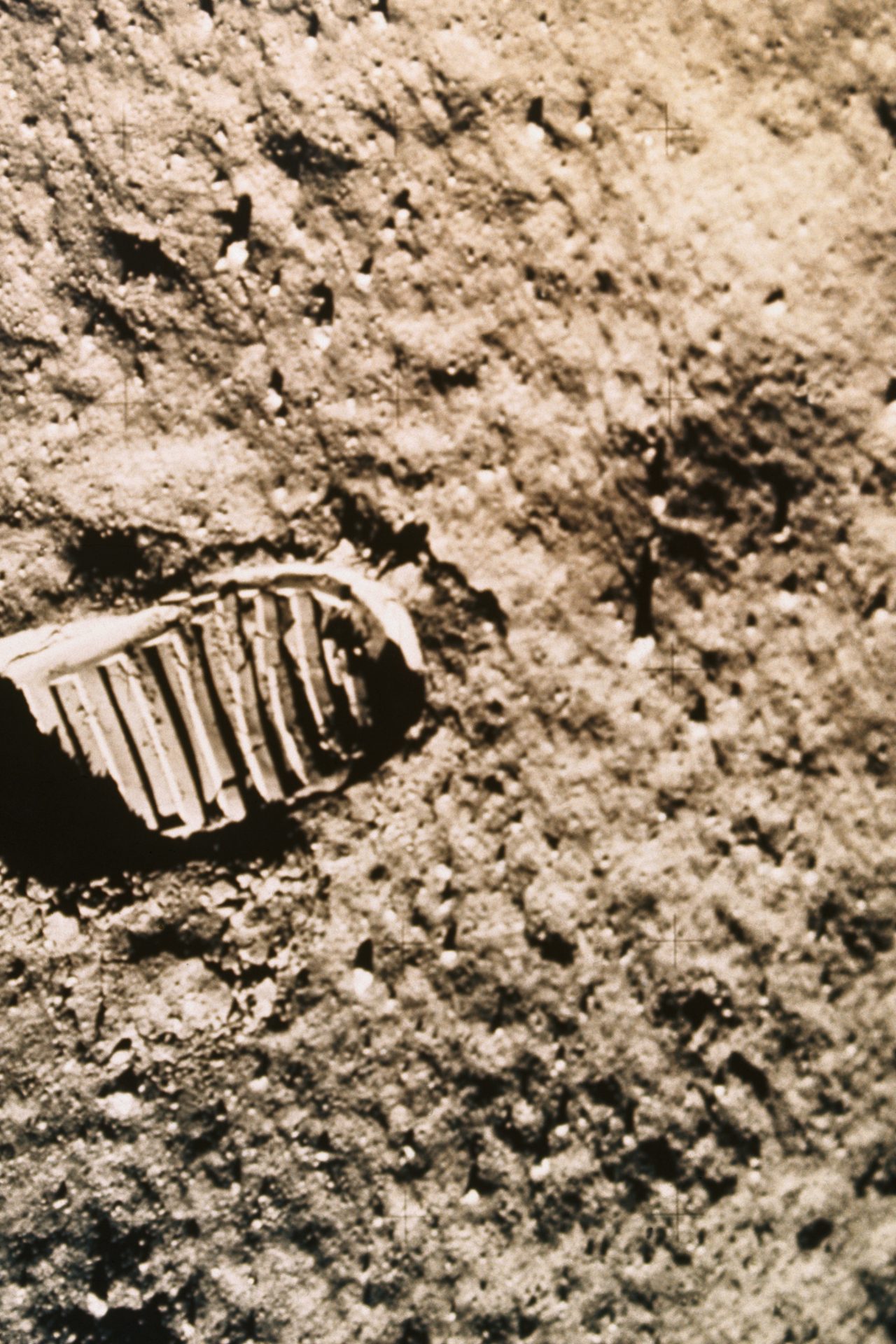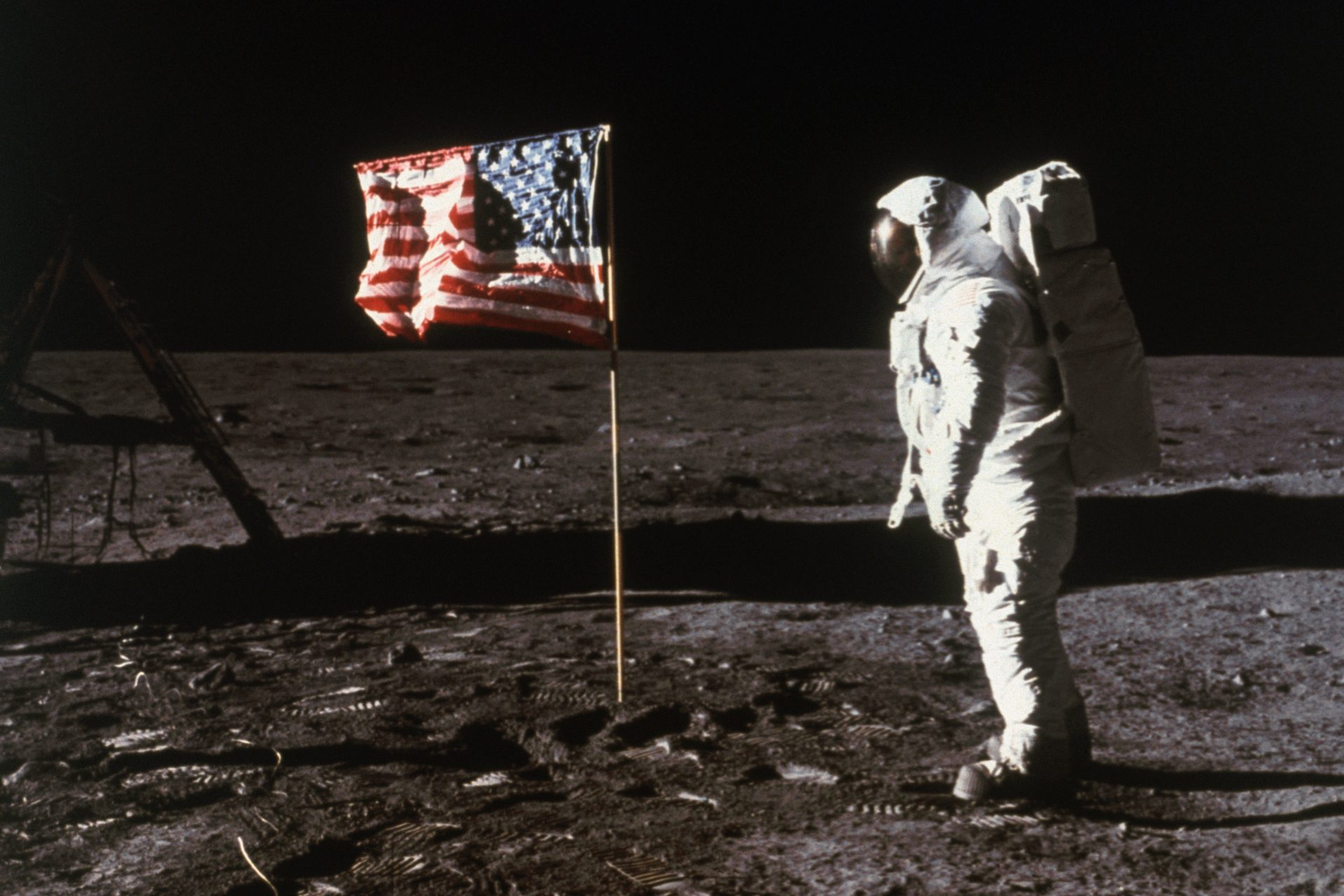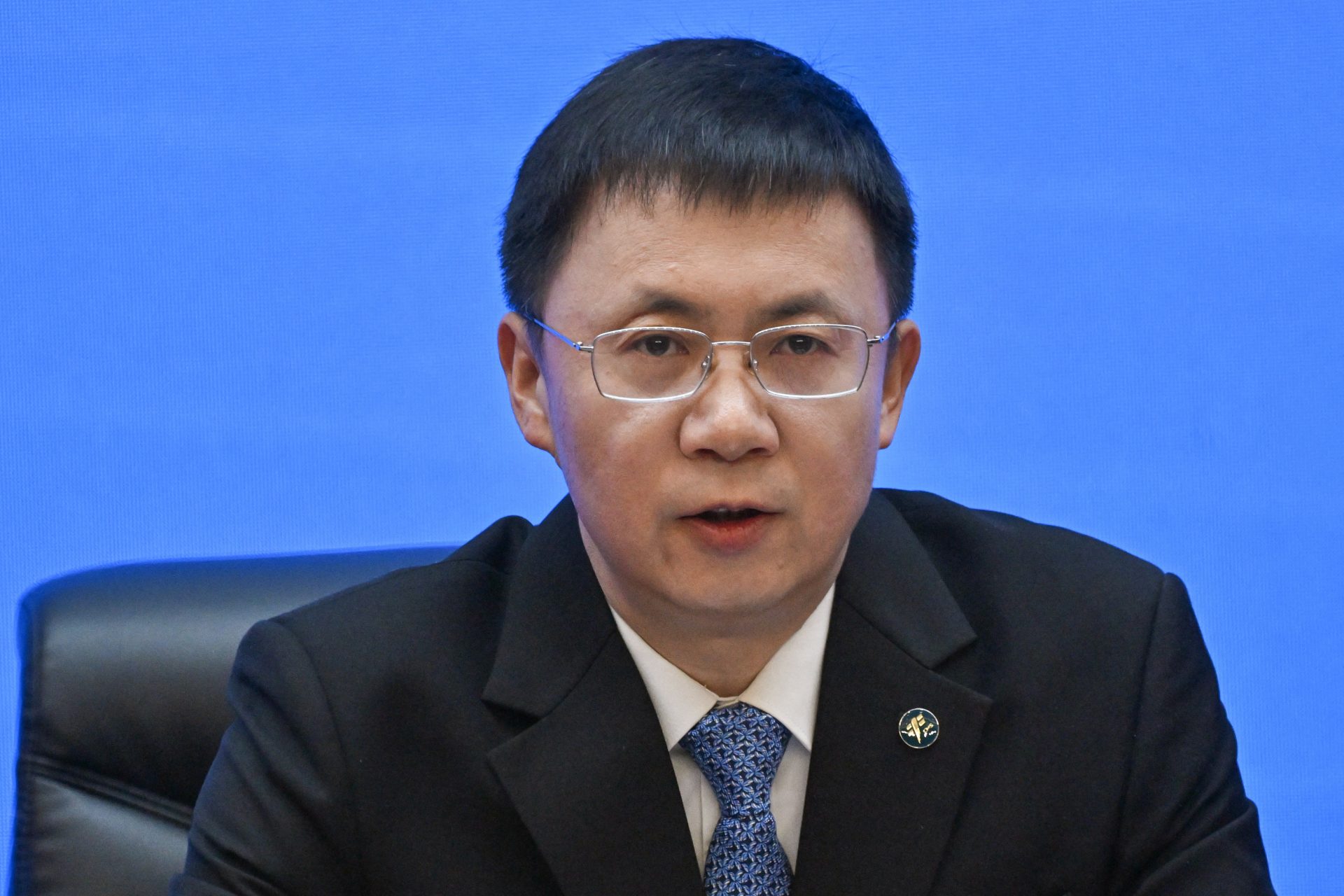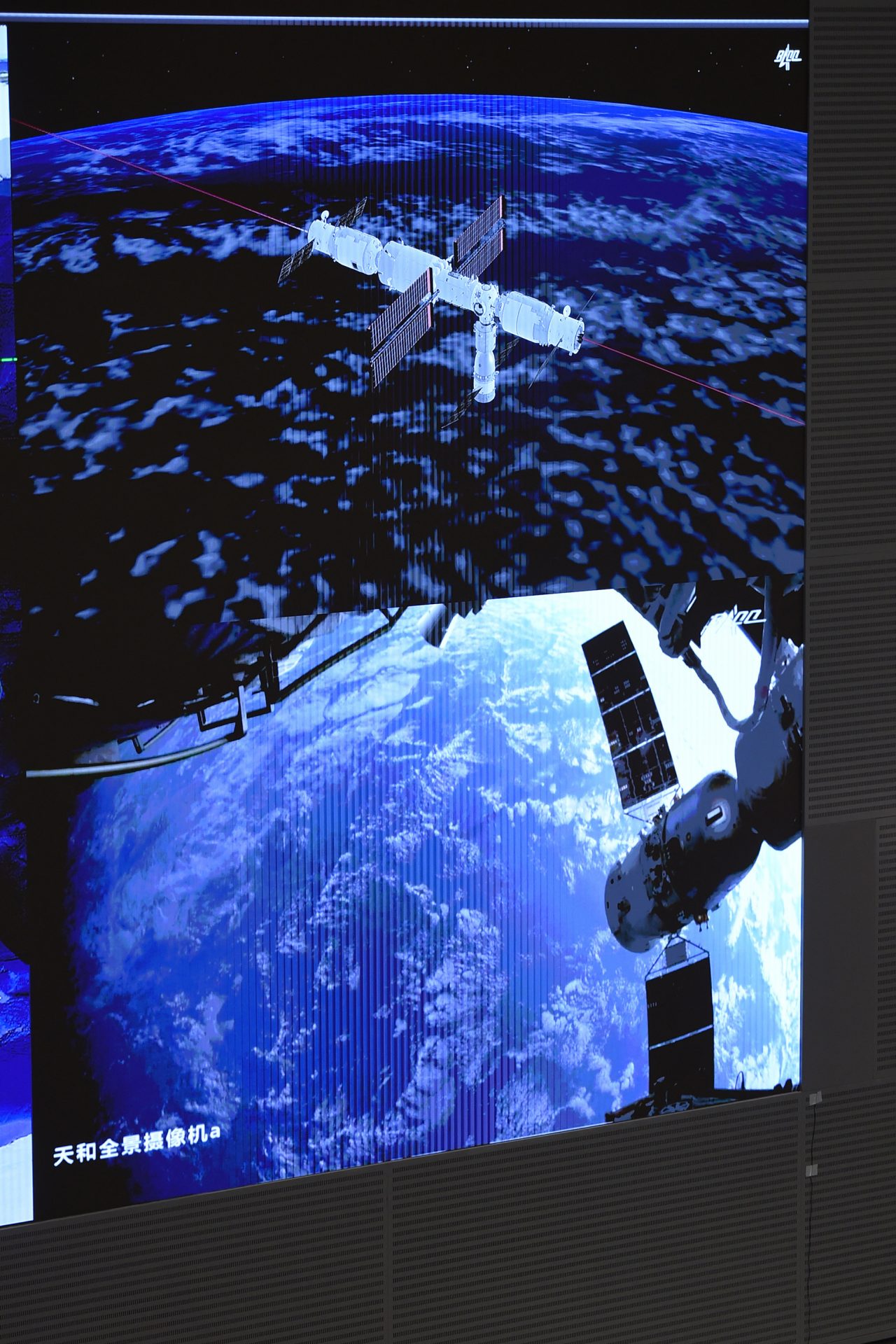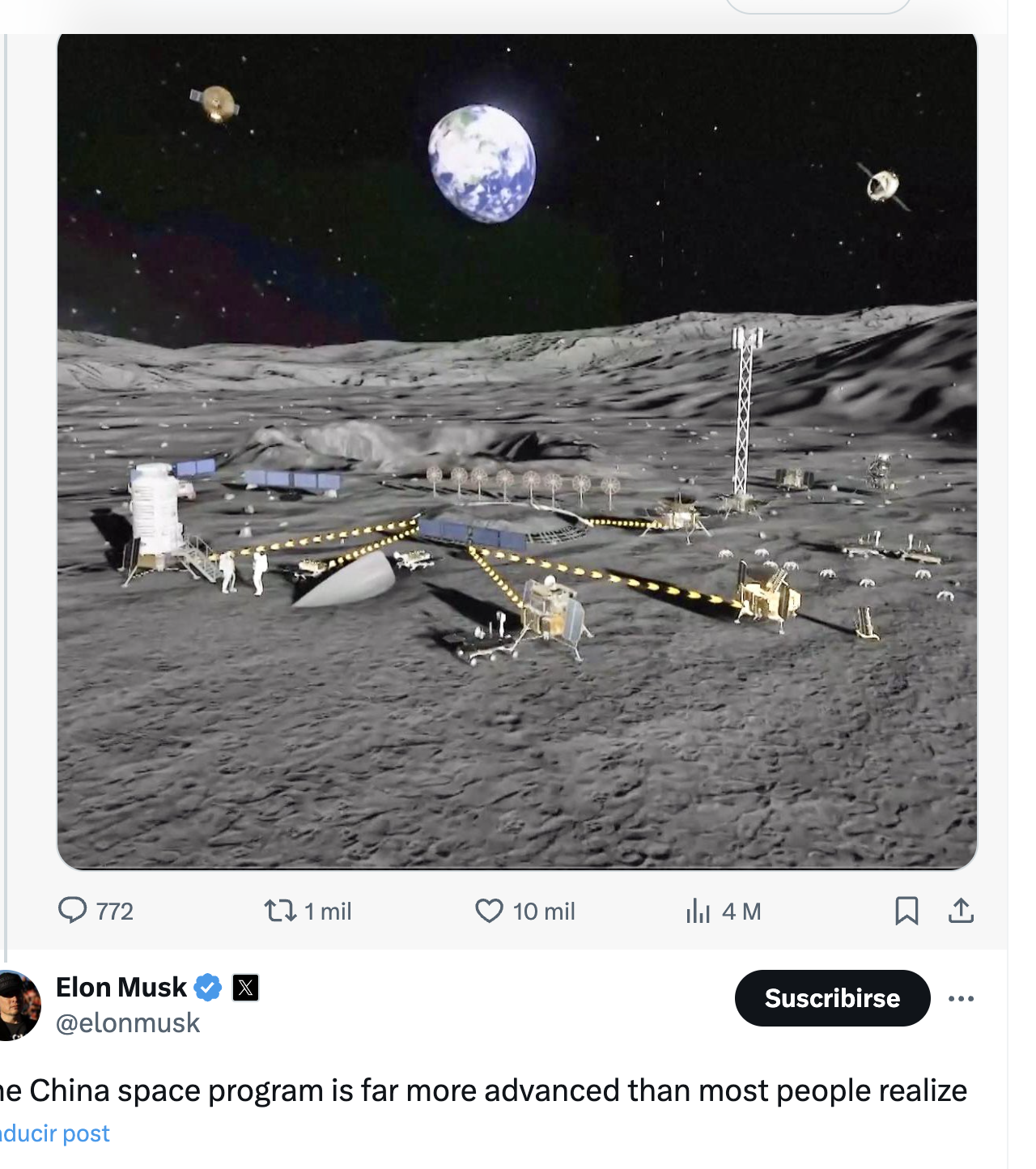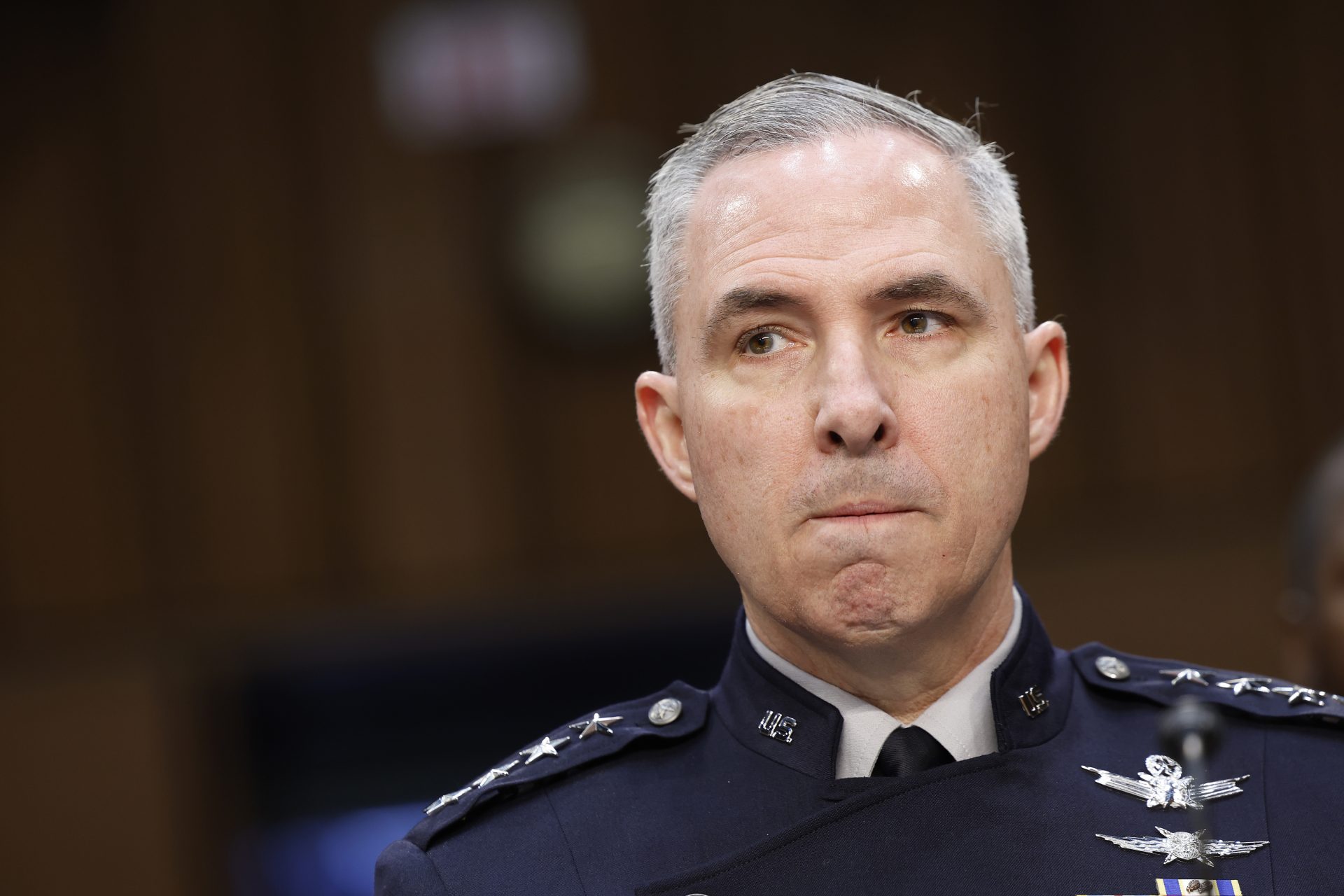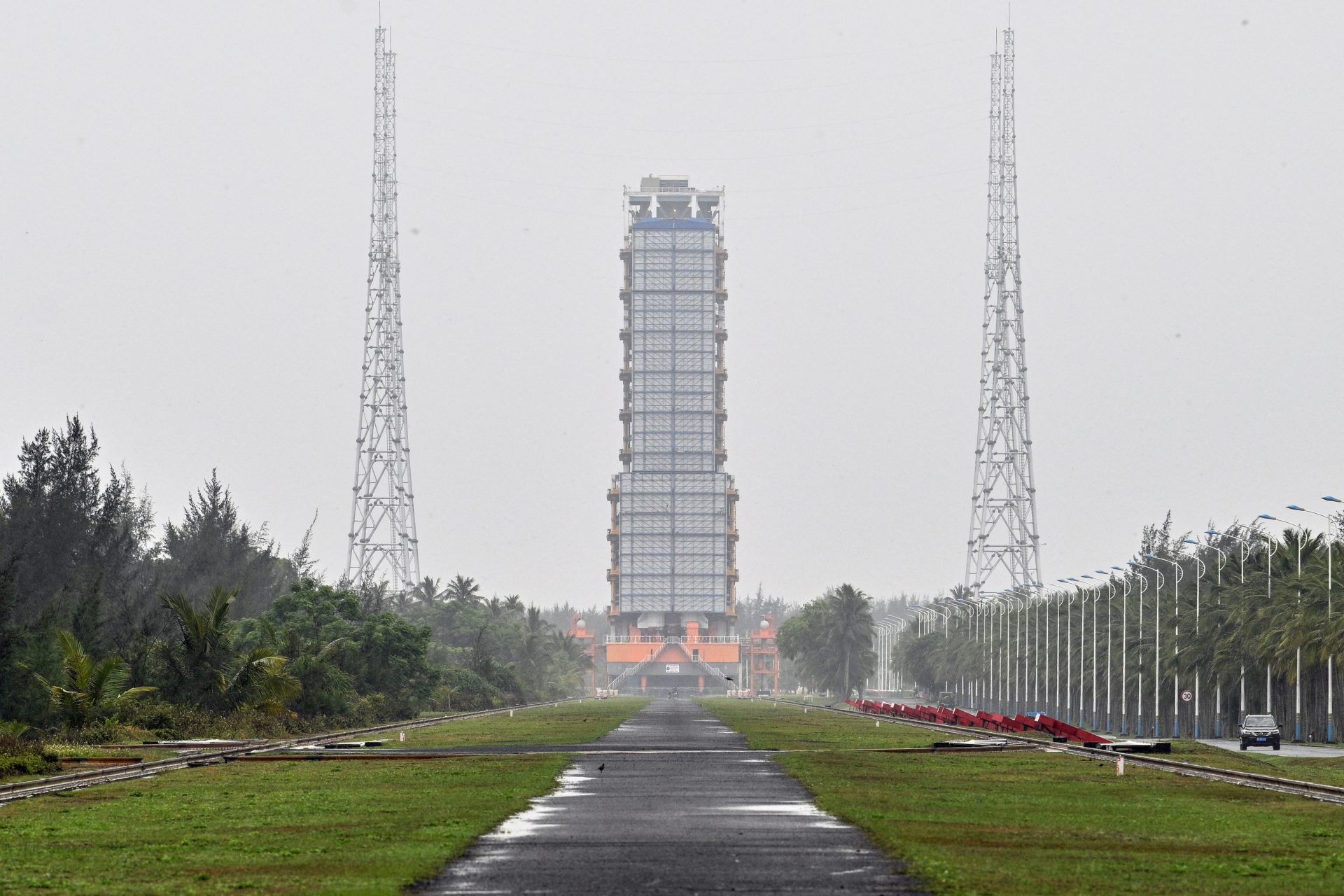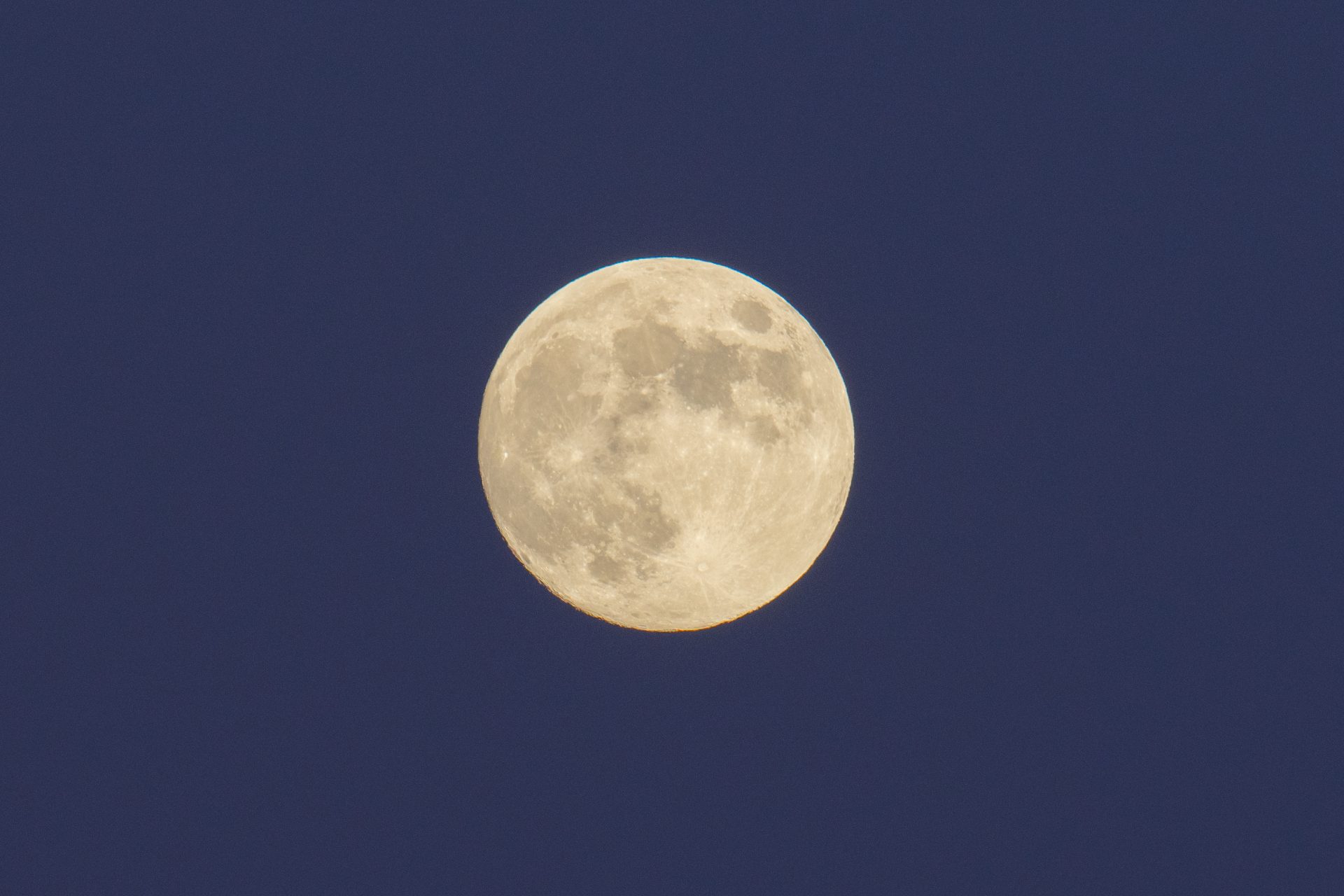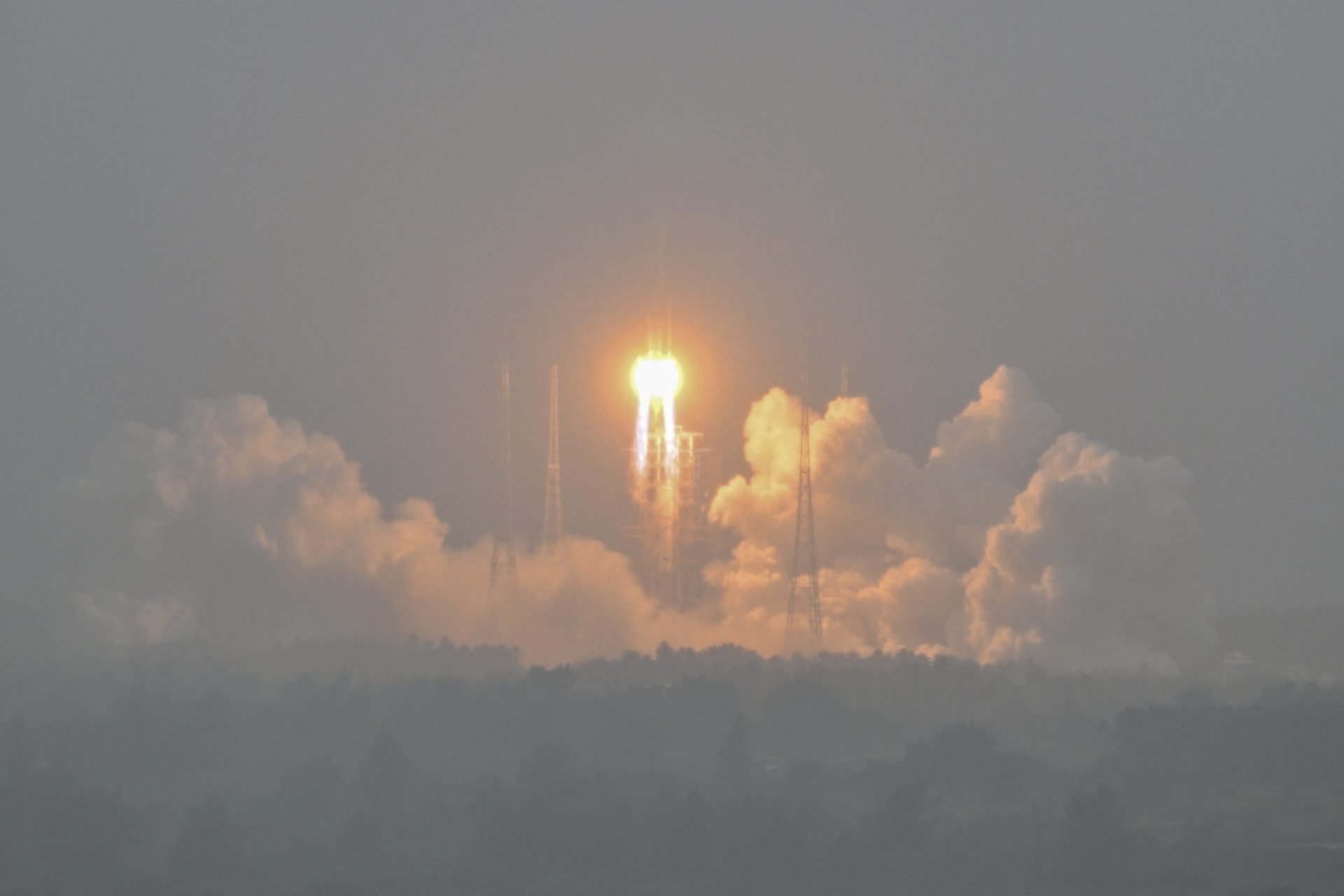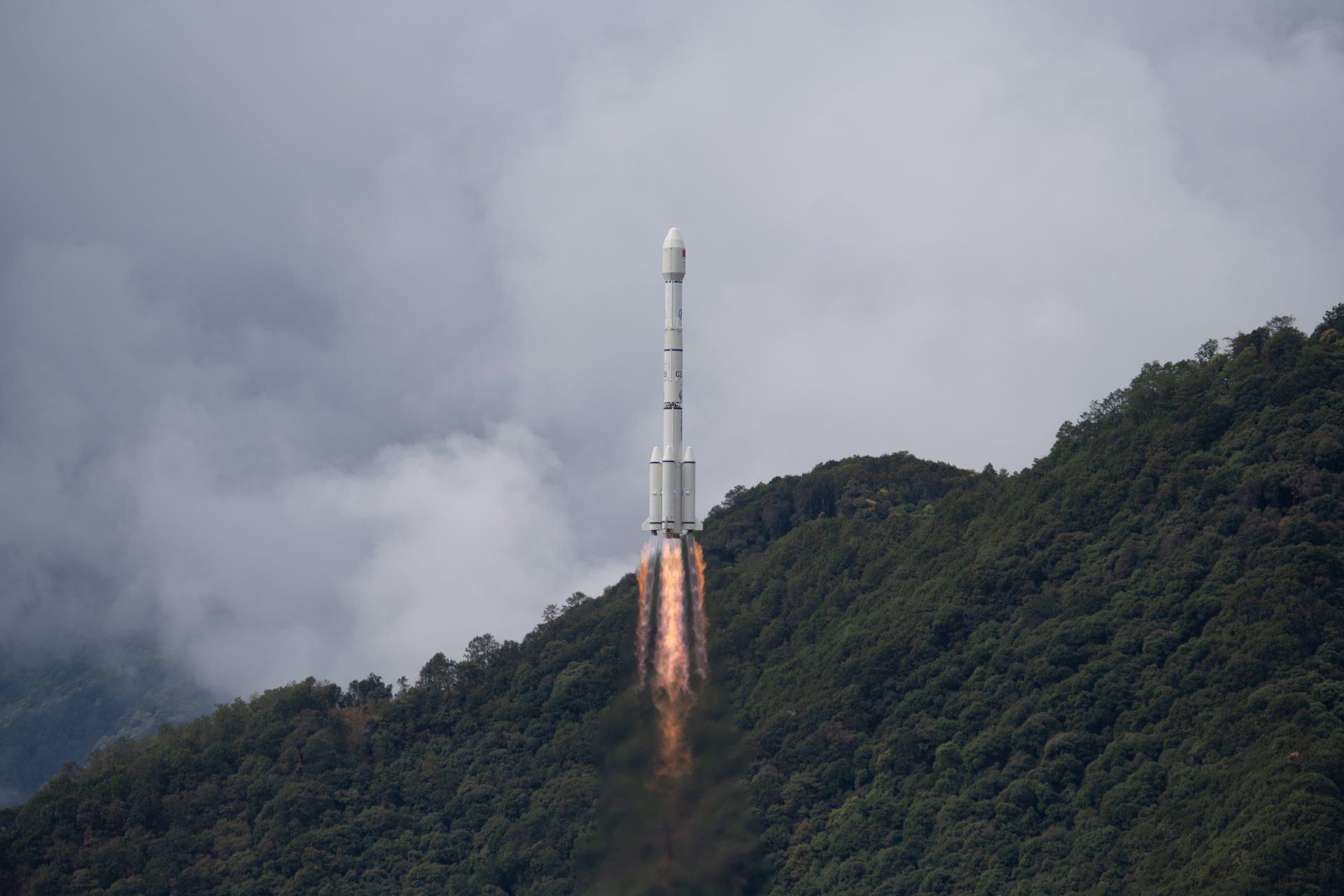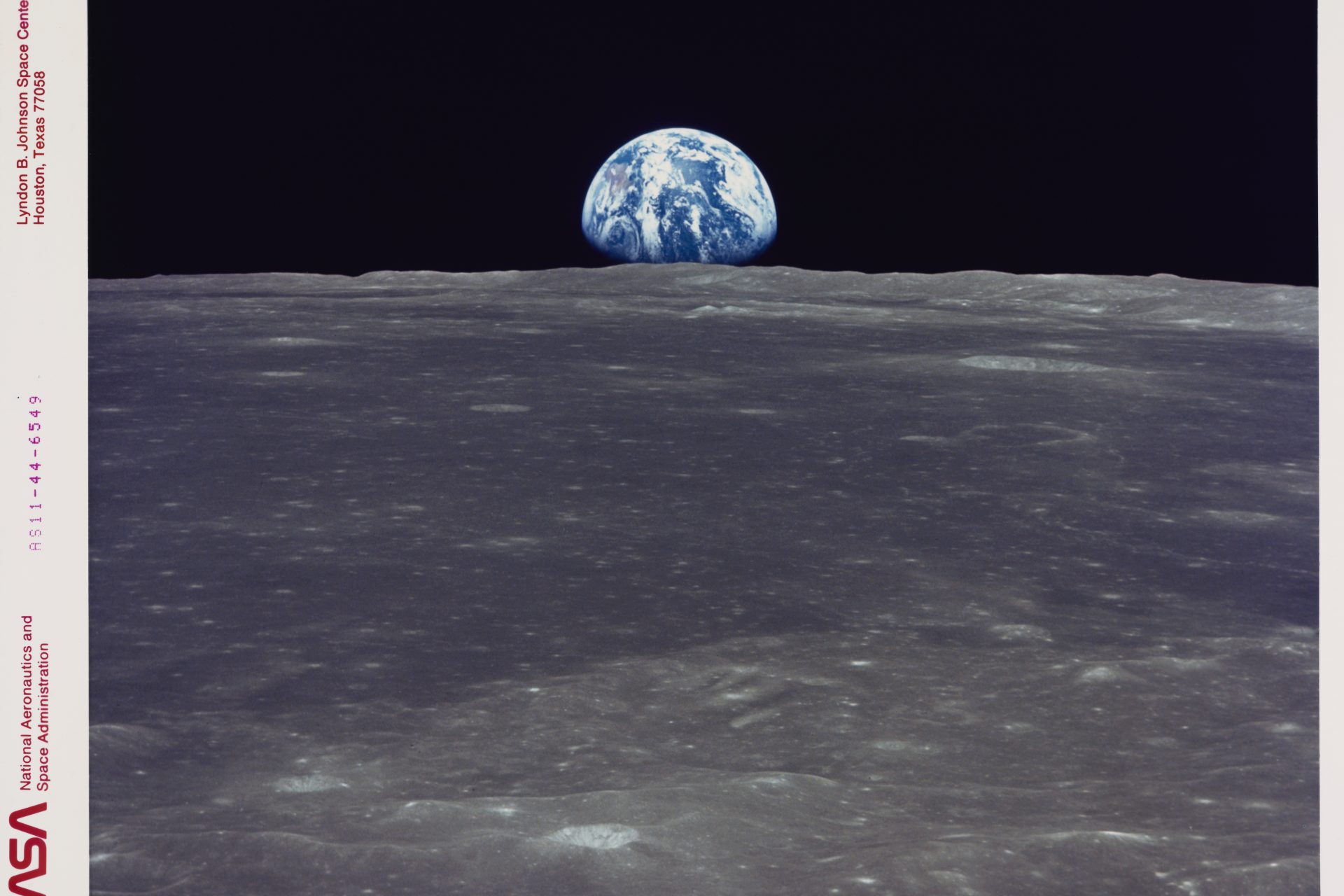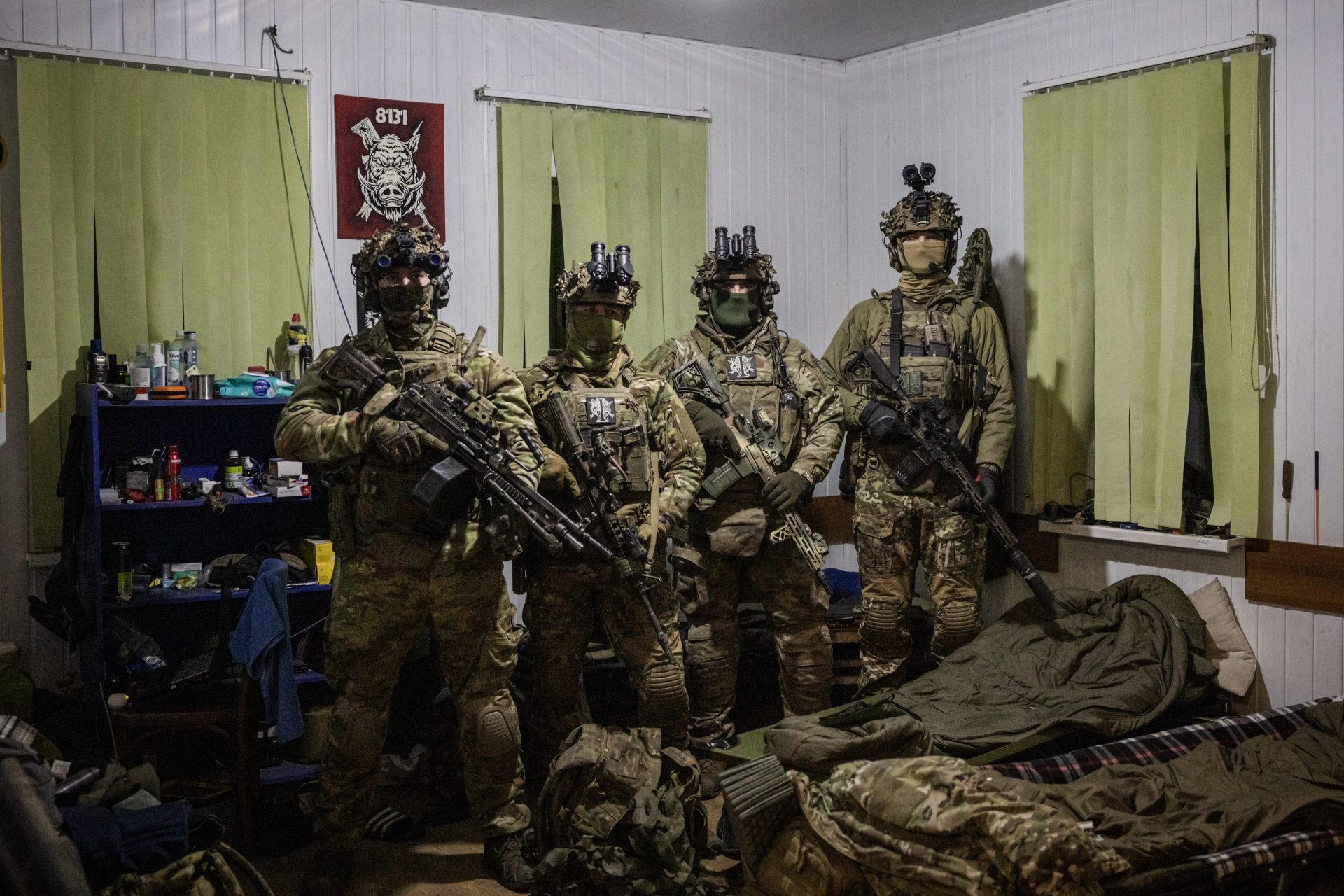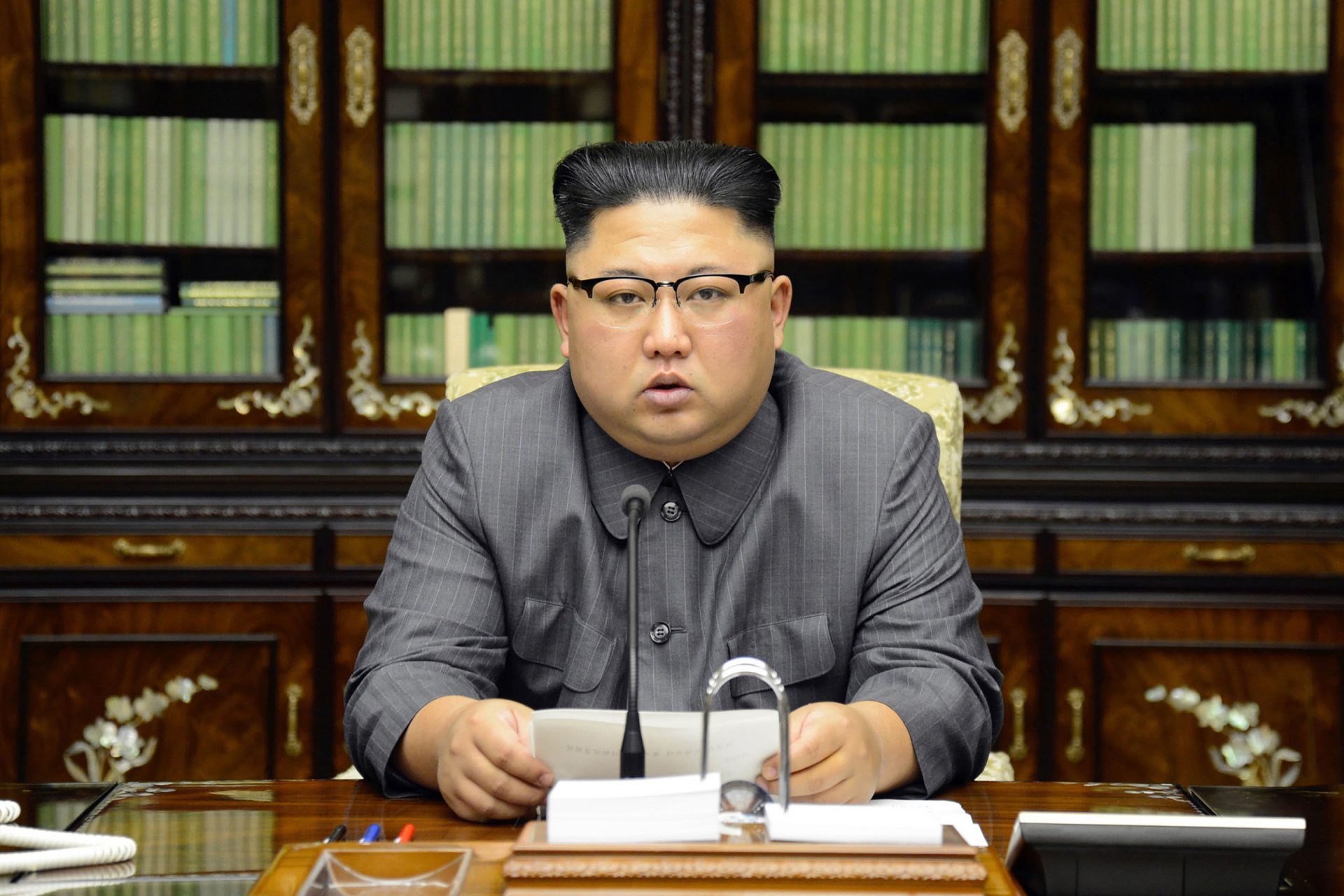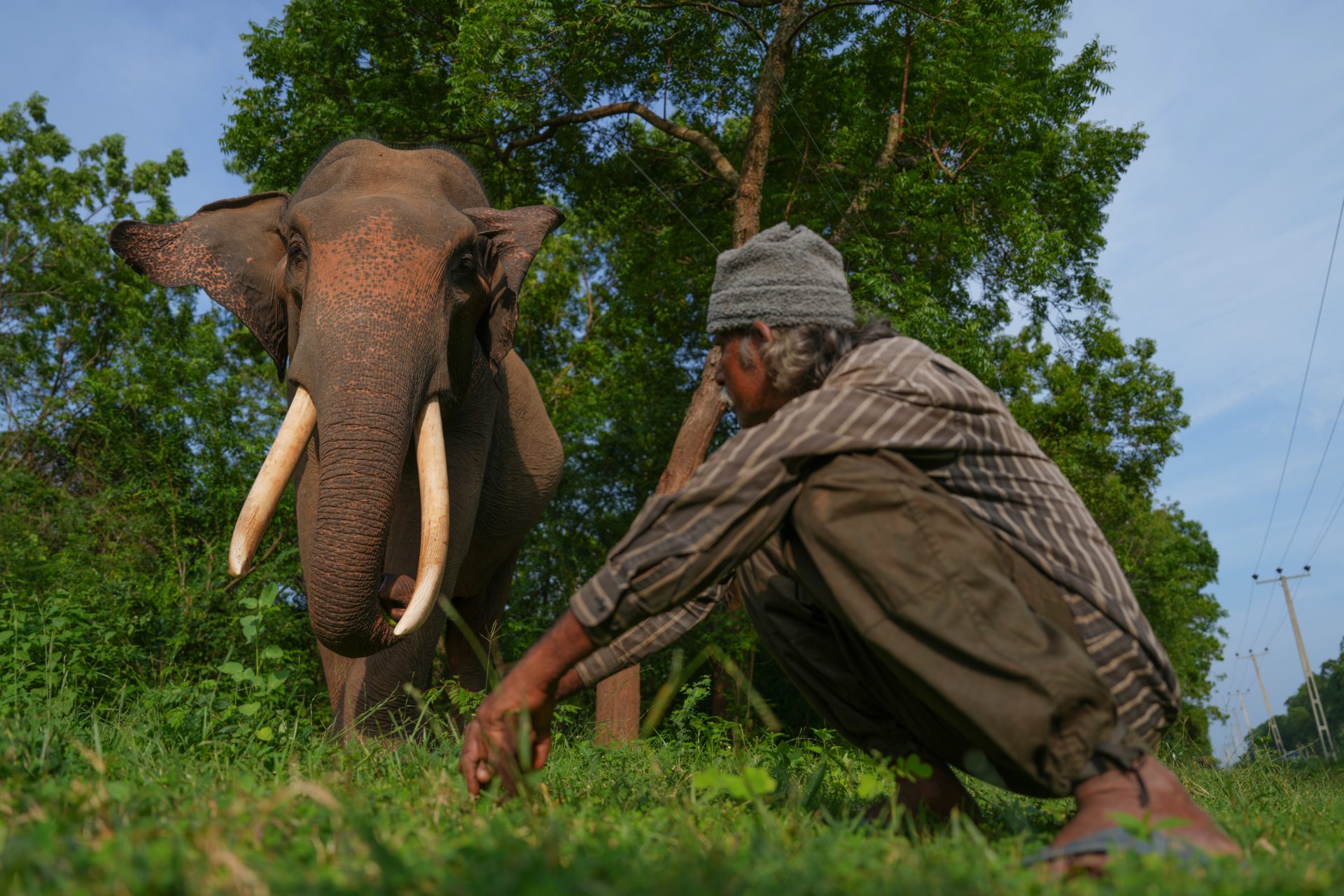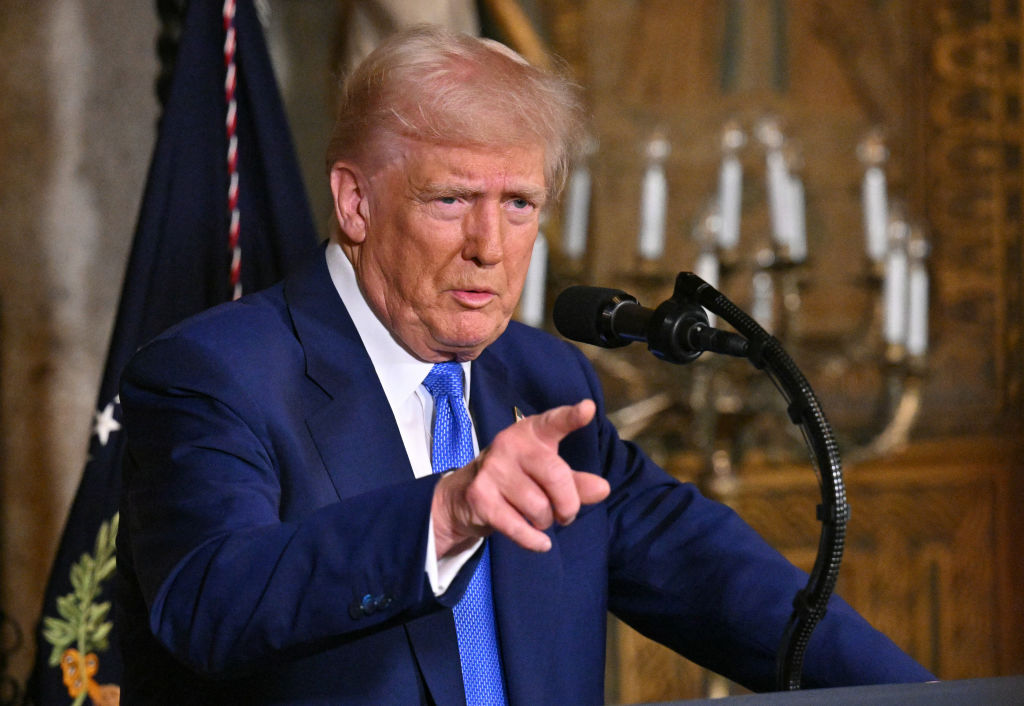China's new generation of space invaders
China has sent its youngest astronauts to date up into space, with two of the three-person crew born in the 1990s and conducting their first-ever space flight.
Wang Haoze, 34, is not only the youngest astronaut to be launched into space along with Song Lindong, 34, she can also claim to be the first female space engineer and the third female Chinese national.
“Mobilizing all my brain cells and focusing entirely on exploration, is like passing levels in a game,” Wang told Our China Story news site. “After overcoming these difficult challenges one by one, you would feel a huge sense of happiness.”
The young astronauts are said to be part of a new generation of space explorer in China’s ambitious space program.
Captain of the crew is veteran Cai Xuzhe, who told the Chinese media prior to take off, “Their youthful energy has made me feel younger and even more confident.”
Their spaceship, the Shenzhou-19, has taken the space travelers to the permanently crewed Tiangong space station that lies between 340 and 450km beyond the Earth’s surface.
There, they will carry out a number of experiments, including exposing bricks made from simulated lunar soil to conditions in space.
The hope is that these bricks will withstand the conditions in space and be used to build a permanent research station on the Moon, which China hopes to complete by 2035.
Altogether there are 86 experiments entrusted to the crew “in the fields of space life sciences, microgravity physics, materials, medicine and new technologies,” Lin Xiqiang, deputy director of the China Manned Space Agency (CMSA), said late October, Reuters reports.
The crew will remain at the space station for a period of six months, returning next Spring while the astronauts who have completed their spell in space now returning home.
China is surging ahead with its space program which has become a source of concern to the US, with Space X’s Elon Musk posting on X that it is more advanced than people realize.
Photo: Screenshot Elon Musk X account.
The boss of US Space Command, General Stephen Whiting, told a conference in April that both China and Russia were moving at “breath-taking speed” regarding investment in space, the BBC reports.
Whiting told his audience that China had tripled the amount of intelligence, surveillance and reconnaissance satellites it has in orbit since 2018, building a “kill web over the Pacific Ocean to find, fix, track and target United States and allied military capabilities.”
Meanwhile NASA chief Bill Nelson has expressed concern that the US and China are “in effect in a race” to return to the Moon.
Nelson believes that China wants to be the first there to make territorial claims. “We believe that a lot of their so-called civilian space program is a military program,” he told US legislators, reports The Guardian.
Other concerns are the development of counter-space weapons that can target satellites and spacecraft that can pull them out of orbit.
But China is adamant this is not the case. Rather it is a “collective mission for humanity”, according to Li Yingliang, director of the general technology bureau of China’s Manned Space Agency, reports the BBC.
More for you
Top Stories



